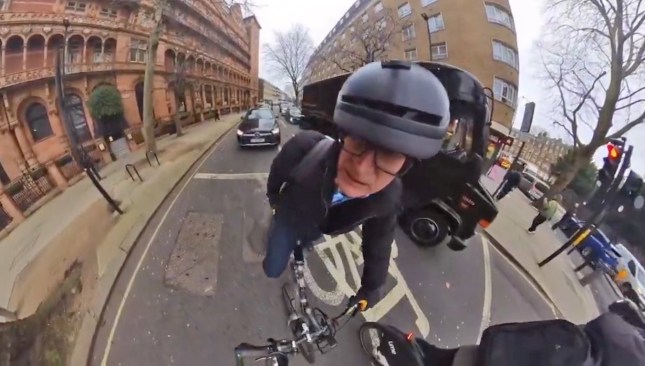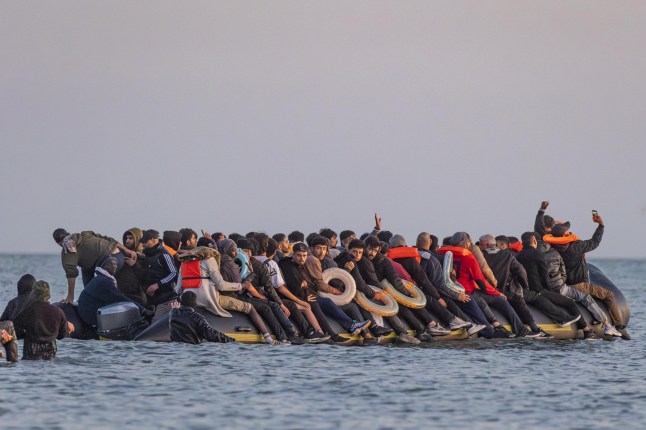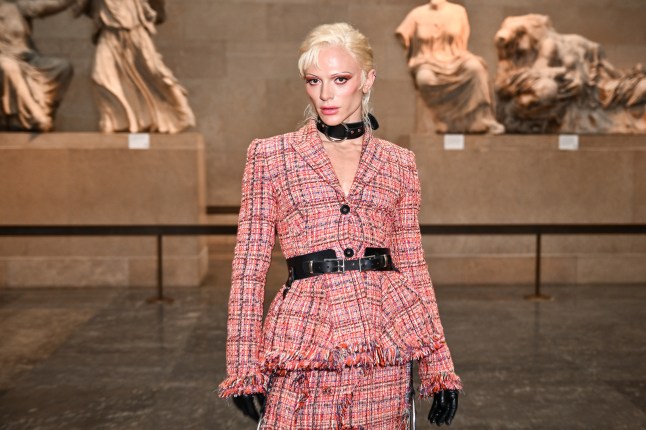
A trans woman getting screamed at in a shopping centre loo. A teenage athlete banned from playing with her mates.
This isn’t some ‘what if’ scenario — it’s happening. Right now. And it’s the cost of a culture more obsessed with ‘debate’ than with dignity.
In my last piece for Metro, I talked about safety, womanhood, and just how exhausting it is for trans people trying to go about their lives while constantly being questioned or feared.
Since then, both the Football Association (FA) and the England and Wales Cricket Board (ECB) banned trans women from participating in grassroots sport following the Supreme Court ruling on the legal definition of a woman with regards to equalities legislation.
As a result, the noise around trans women in sport and public spaces has only grown louder — and more toxic. The headlines are nastier, the talking heads more extreme, and the actual people being talked about? Often nowhere to be seen.
To view this video please enable JavaScript, and consider upgrading to a web
browser that
supports HTML5
video
It’s time to change that because this isn’t just a political debate — it’s about real people and real lives. And if we want to move forward, we’ve got to do it with empathy, clarity, and the courage to speak up even when it’s uncomfortable.
Let’s be clear: I support trans people. Fully. Unequivocally. This is about human rights. And we should all be showing up in full solidarity — not sitting on the fence while others are pushed out of public life.
Trans people have always existed — in life, culture, sport.
Join Metro’s LGBTQ+ community on WhatsApp
With thousands of members from all over the world, our vibrant LGBTQ+ WhatsApp channel is a hub for all the latest news and important issues that face the LGBTQ+ community.
Simply click on this link, select ‘Join Chat’ and you’re in! Don’t forget to turn on notifications!
In 1977, Renée Richards fought to play in women’s tennis — and won. Similarly, Danish golfer Mianne Bagger helped lobby the Australian Ladies Professional Golf (ALPG) Tour to remove its ‘female at birth’ entry condition in 2010.
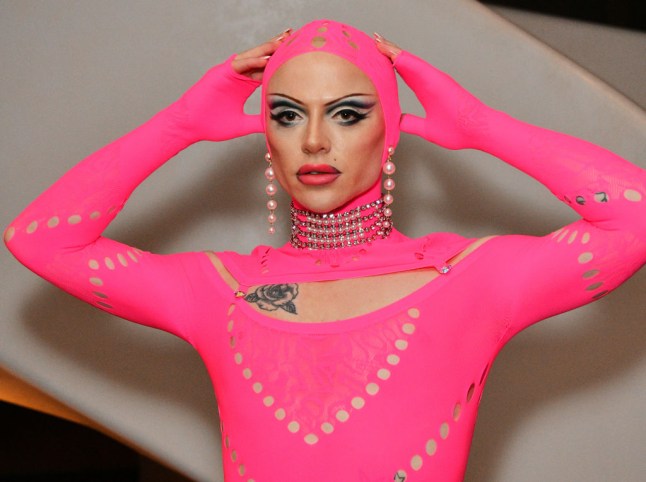
So, what changed? Not the number of trans athletes — they’re still very few. What has changed is how loud and angry the conversation has become.
A couple of high-profile cases are used again and again to stir fear and division, while any meaningful, nuanced discussion gets drowned out. It’s not new. But it’s definitely being weaponised more aggressively than ever before.
So let’s look at what science actually says.
A major cross-sectional study in the British Journal of Sports Medicine last year showed that transgender women may actually have ‘decreased lung function’, ‘performed worse on the countermovement jump’, and ‘cardiovascular fitness is lower’ than cisgender women.
It conceded that more research needs to be done in this area, but that the results ‘should caution against precautionary bans and sport eligibility exclusions that are not based on sport-specific (or sport-relevant) research’.
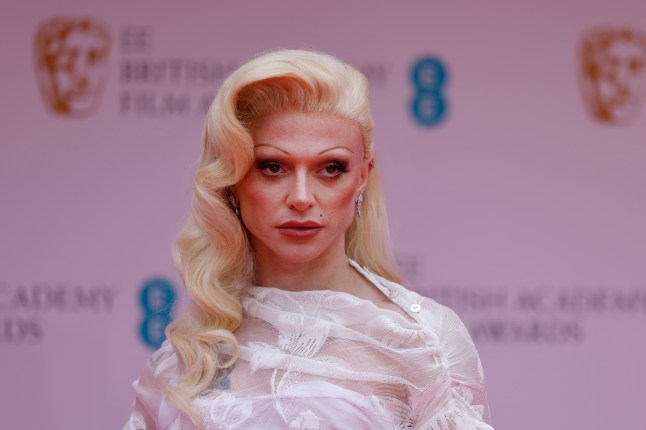
But the thing is, trans women aren’t sweeping podiums. Weightlifter Laurel Hubbard, the first openly trans Olympian, didn’t even finish a lift in the 2020 Games. While Lia Thomas, the US swimmer who sparked headlines, won just one major event — but lost others to cis competitors.
The International Olympic Committee (IOC) is trying to approach this issue with flexibility and care — not fear and knee-jerk reactions.
In fact, their most recent non-binding framework stated that ‘eligibility criteria that explicitly or implicitly require athletes to undergo medically unnecessary procedures’ could infringe on their ‘bodily autonomy’, which is ‘an internationally recognised human right’.
But even though the IOC is calling for nuance, many national and local sports bodies are ignoring that and going straight to bans. They’re taking the complex and turning it into something black and white.
To view this video please enable JavaScript, and consider upgrading to a web
browser that
supports HTML5
video
What do we want sport to be about? Is it just about performance? Or is it about participation, connection, and community?
Because most of the time, we’re not talking about those chasing Olympic gold — we’re talking about everyday people trying to live, move, and feel like they belong as part of a community.
This assault on trans people is happening even before they get to the starting line – in places like changing rooms and toilets.
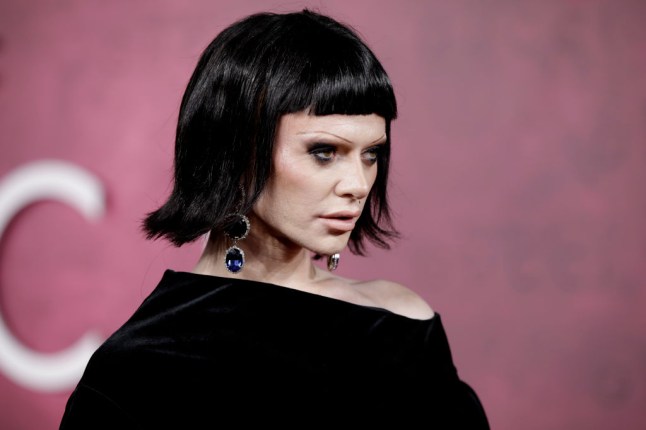
So much fear surrounding this is based on a flat-out lie: that trans people are dangerous. They’re not. As far as I can see, there’s zero evidence that letting trans people use the loo that matches their gender identity increases safety risks.
A 2018 study of hundreds of US cities with trans-inclusive laws found no uptick in public safety incidents. None.
Meanwhile, trans people are facing the brunt of the abuse. Galop’s 2020 report found that nearly two thirds of respondents were unable to use public toilets due to transphobia. One in four had been physically attacked or threatened as such. The danger isn’t coming from them — it’s coming at them.
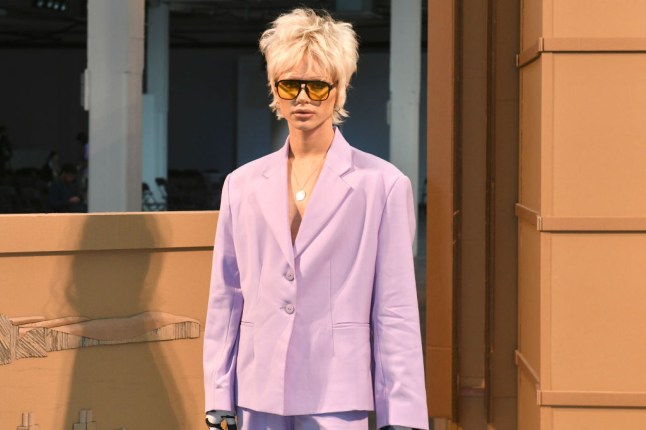
And here’s the kicker — policies that push trans women out of women’s spaces often force them into male ones, where they’re way more vulnerable. That’s not ‘protecting’ anyone. It’s exposing people to more harm.
Also: what about trans men? Under ‘biological sex’ rules, trans men — many of whom ‘look’ entirely male — would be forced into women’s spaces. That’s not safe, either. The logic of these bans just doesn’t hold up.
We’ve been told that women’s rights and trans rights are somehow in competition. That’s just not true. We can — and must — fight for all women’s safety, including trans women.
That means proper funding for services. It means taking gender-based violence seriously. And it means not blaming trans people for the failures of the system.
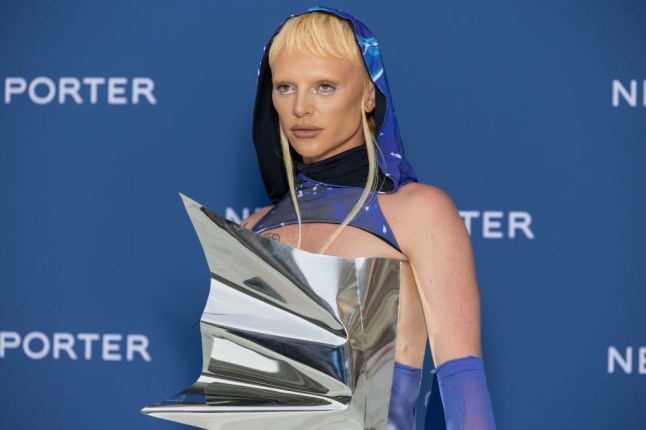
This is a complicated issue, yes. But being complicated is not an excuse for being cruel. We need policies rooted in evidence, not hysteria. We need honest conversations, not shouting matches.
And above all, we need empathy.
Trans people are not the threat here. The real danger? Division. Dehumanisation. The refusal to see people for who they are.
So let’s stop the scapegoating. Let’s build something better — together. A world where fairness and compassion can live side by side. Where no one has to fight just to belong, or enjoy the sport they love.
Because when we do that, we don’t just protect trans people — we create a safer, kinder world for everyone.
Do you have a story you’d like to share? Get in touch by emailing James.Besanvalle@metro.co.uk.
Share your views in the comments below.

